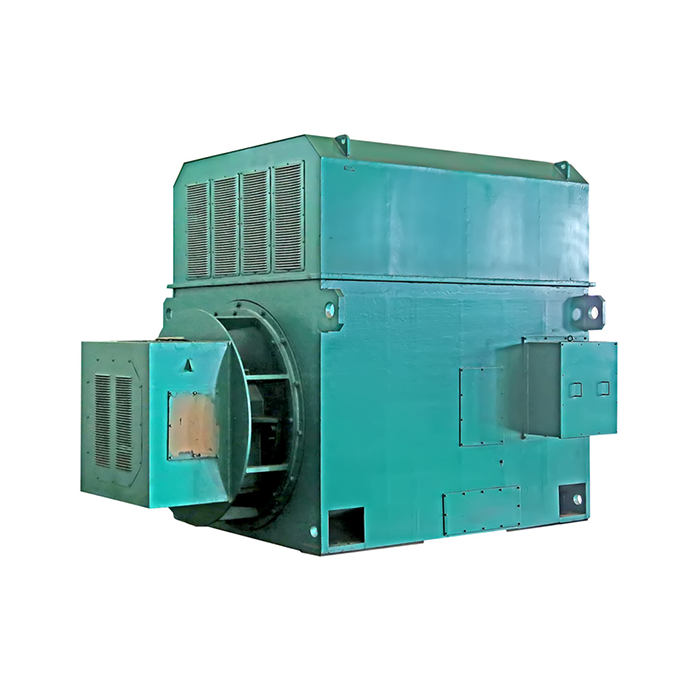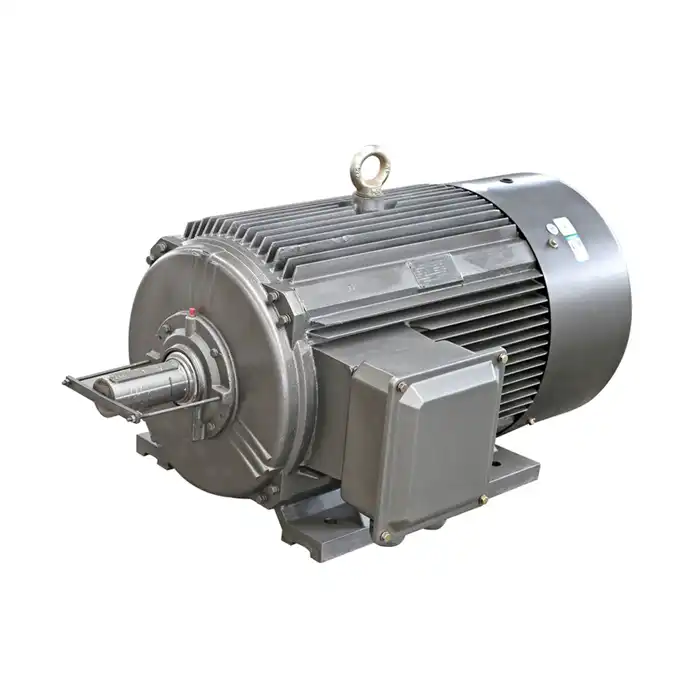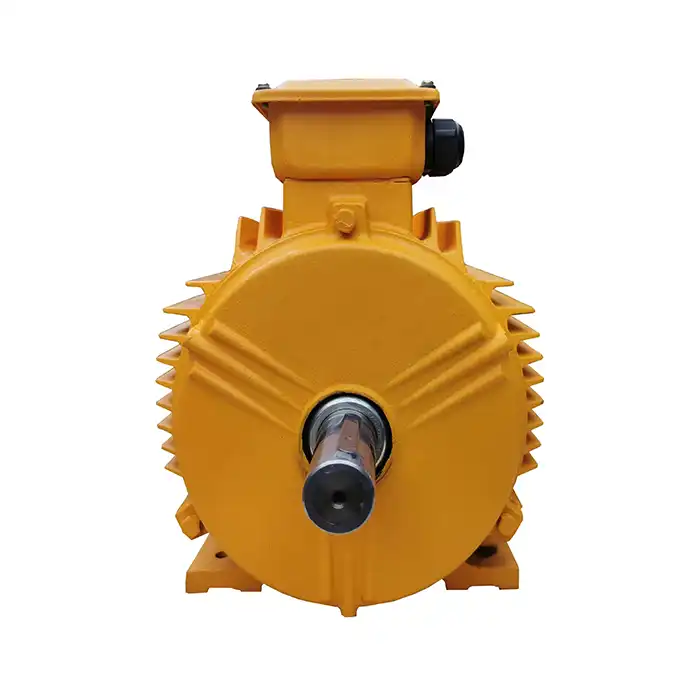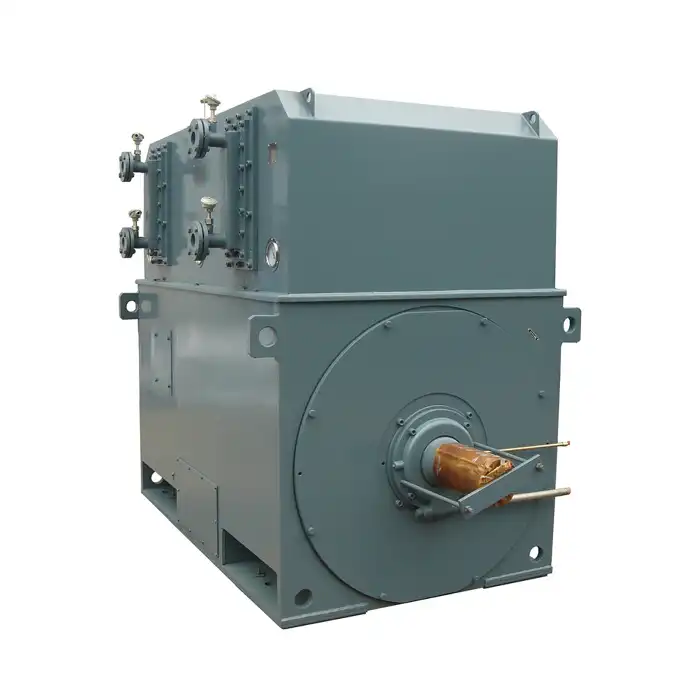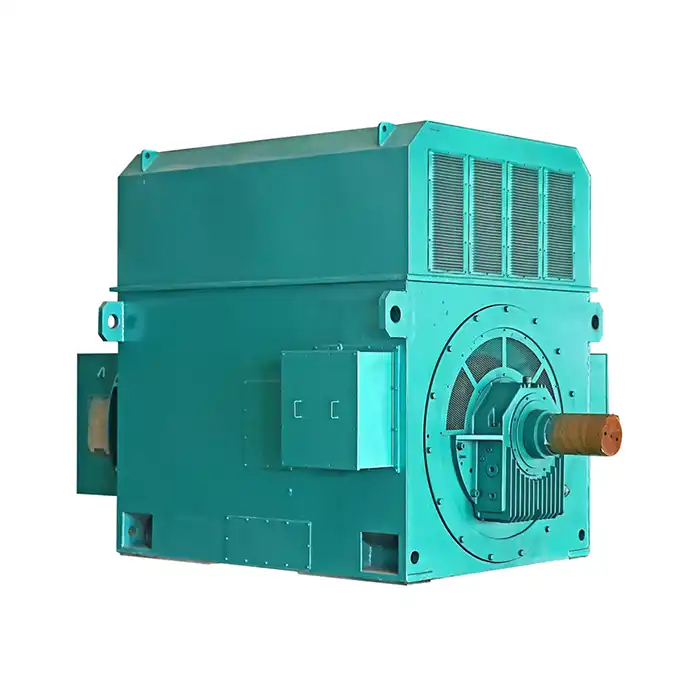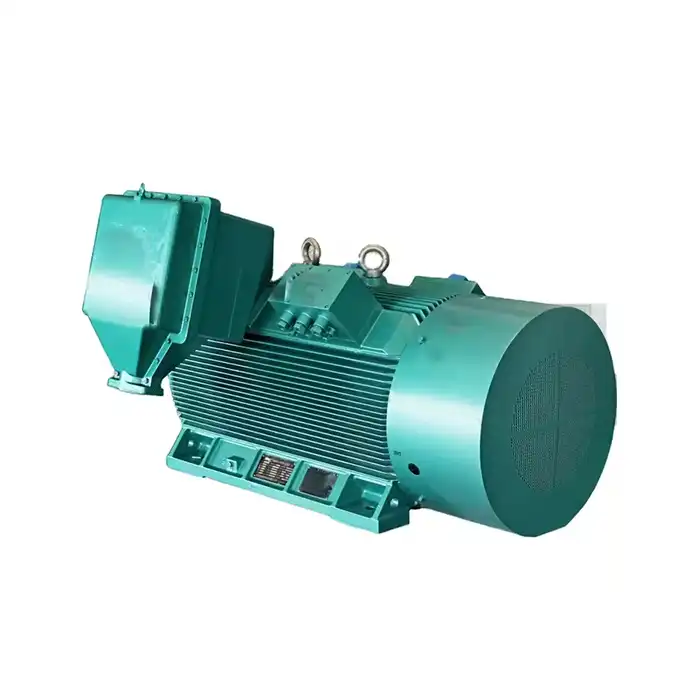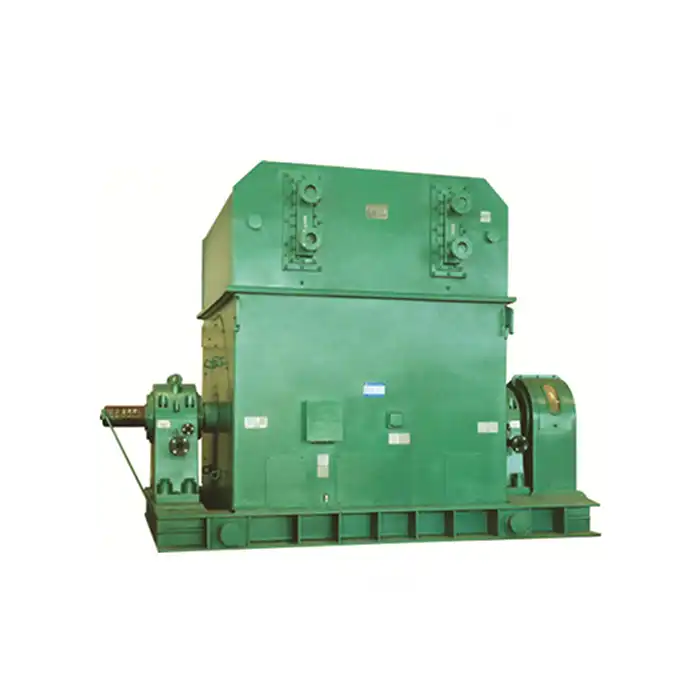Is a Bypass Contactor Necessary with a Soft Starter?
Many people wonder whether a bypass contactor is required for a 200 hp soft starter when it comes to motor control systems. Learn everything about bypass contactors, soft starters, and how they work together in this comprehensive essay. We will also go over some energy saving tips and tell you when to put in a bypass contactor.
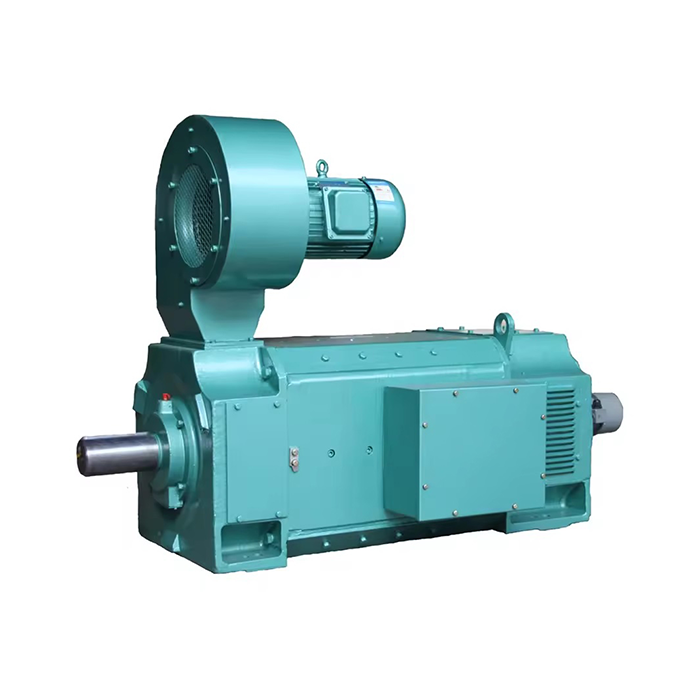
Adaptable motor power range :200-12000 kW
Application:can be used to drive fans, water pumps, textiles, papermaking, wire drawing, machine tools, packaging, food and various automated production equipment.
Advantage:air cooling, inverter control panel, built-in power transformer.
Bypass Contactor: Essential or Optional?
To understand whether a bypass contactor is essential or optional when using a soft starter, it's crucial to first grasp the functions of both components.
Understanding Soft Starters
A soft starter is an electronic device designed to reduce the initial inrush current and torque when starting an electric motor. It gradually ramps up the voltage to the motor, providing a smooth start and reducing mechanical stress on the motor and connected equipment.
The Role of Bypass Contactors
A bypass contactor is a mechanical switch that can be used in conjunction with a 200 hp soft starter. Its primary function is to bypass the soft starter once the motor has reached full speed, connecting the motor directly to the power supply.
The Relationship Between Soft Starters and Bypass Contactors
While soft starters and bypass contactors can work together, they are not always necessary companions. The decision to use a bypass contactor with a soft starter depends on various factors, including the specific application, operational requirements, and energy efficiency considerations.
Energy Efficiency: Soft Starter vs. Bypass Contactor
When considering the use of a bypass contactor with a soft starter, energy efficiency is a crucial factor to consider.
Soft Starter Energy Consumption
Soft starters consume a small amount of energy during motor operation due to the power electronics involved. However, this energy consumption is typically minimal and often outweighed by the benefits of reduced mechanical stress and smoother motor starts.
Bypass Contactor Energy Savings
A bypass contactor can potentially offer energy savings by eliminating the small power losses associated with the 200 hp soft starter's electronic components during normal motor operation. Once the motor reaches full speed, the bypass contactor can switch the motor to direct-on-line operation, bypassing the soft starter entirely.
Balancing Efficiency and Functionality
The decision to use a bypass contactor should be based on a careful analysis of the potential energy savings versus the additional cost and complexity of installing and maintaining the contactor. In some cases, the energy savings may be negligible, especially for motors that operate continuously at full speed.
When to Install a Bypass Contactor?
While bypass contactors are not always necessary with soft starters, there are specific scenarios where their installation can be beneficial.
Continuous Operation Applications
For motors that operate continuously at full speed for extended periods, a bypass contactor can be advantageous. By bypassing the soft starter after the motor reaches full speed, you can eliminate the small power losses associated with the soft starter's electronics during steady-state operation.
High Ambient Temperature Environments
In applications where the 200 hp soft starter is exposed to high ambient temperatures, a bypass contactor can help reduce heat generation. By removing the soft starter from the circuit during normal operation, you can potentially extend the life of the soft starter and improve overall system reliability.
Redundancy Requirements
In critical applications where system redundancy is essential, a bypass contactor can provide an additional layer of protection. If the soft starter fails, the bypass contactor allows for direct-on-line starting of the motor, ensuring continued operation of the system.
Large Motor Applications
For larger motors, particularly those above 200 hp, the use of a bypass contactor can be more common. The potential energy savings and reduced heat generation become more significant as motor size increases.
Regulatory Compliance
In some industries or regions, regulations may require the installation of bypass contactors with soft starters for certain applications. It's essential to consult local codes and standards to ensure compliance.
Conclusion
The necessity of a bypass contactor with a soft starter is not a one-size-fits-all decision. While bypass contactors can offer benefits in terms of energy efficiency and system reliability, they are not always essential. The decision to install a bypass contactor should be based on a careful analysis of the specific application, operational requirements, and potential energy savings.
For continuous operation applications, high ambient temperature environments, and large motor installations, bypass contactors can provide tangible benefits. However, for many standard applications, a well-designed soft starter may be sufficient on its own.
Ultimately, the choice between using a soft starter alone or in combination with a bypass contactor should be made after considering factors such as motor size, duty cycle, ambient conditions, and energy efficiency goals. Consulting with experienced professionals in motor control systems can help you make the best decision for your specific needs.
FAQ
1. Can a soft starter be used without a bypass contactor?
Yes, soft starters can be used without bypass contactors in many applications. The necessity of a bypass contactor depends on factors such as the specific motor application, operational requirements, and energy efficiency considerations.
2. Does a bypass contactor improve the performance of a soft starter?
A bypass contactor doesn't necessarily improve the performance of a soft starter. Its primary function is to bypass the soft starter once the motor has reached full speed, potentially offering energy savings and reduced heat generation in certain applications.
3. Are bypass contactors recommended for all 200 hp soft starter installations?
While bypass contactors are more common in larger motor applications, including those with 200 hp soft starters, they are not universally recommended. The decision should be based on a careful analysis of the specific application, operational requirements, and potential benefits.
Optimize Your Starter – Get Expert Advice Now
At Shaanxi Qihe Xicheng Electromechanical Equipment Co.,Ltd., we specialize in providing top-quality power equipment solutions, including 200 hp soft starters and bypass contactors. Stable power production, low power consumption, and great efficiency are all features of our goods. No matter whether you need a soft starter on its own or a bypass contactor in conjunction with it, our technical knowledge and years of experience can help you choose the optimal setup for your motor control requirements. Every solution we supply is guaranteed to satisfy the highest standards of performance and durability since we are a reputable 200 hp soft starter factory. Stop taking motor control for granted and get in touch with our team of specialists now for individualised guidance and solutions designed to meet your unique needs. Reach out to us at xcmotors@163.com to learn more about our products and how we can optimize your power systems.
References
1. Johnson, M. (2022). Soft Starters and Bypass Contactors: A Comprehensive Guide. Industrial Motor Control Systems Journal, 15(3), 45-62.
2. Smith, A., & Brown, T. (2021). Energy Efficiency in Motor Starting: Comparing Soft Starters and Bypass Contactors. Energy Engineering Review, 8(2), 112-128.
3. Lee, S., et al. (2023). Applications of Bypass Contactors in Large Motor Installations. IEEE Transactions on Industry Applications, 59(4), 3421-3435.
4. Garcia, R. (2020). Soft Starter Technology: Advancements and Integration with Bypass Systems. Power Electronics Magazine, 12(1), 78-93.
5. Wilson, D., & Taylor, J. (2022). Regulatory Considerations for Motor Starting Systems in Industrial Applications. Journal of Electrical Engineering Standards, 7(4), 201-217.
6. Anderson, K. (2021). Cost-Benefit Analysis of Bypass Contactors in Soft Starter Applications. Industrial Economics Review, 18(3), 332-348.



